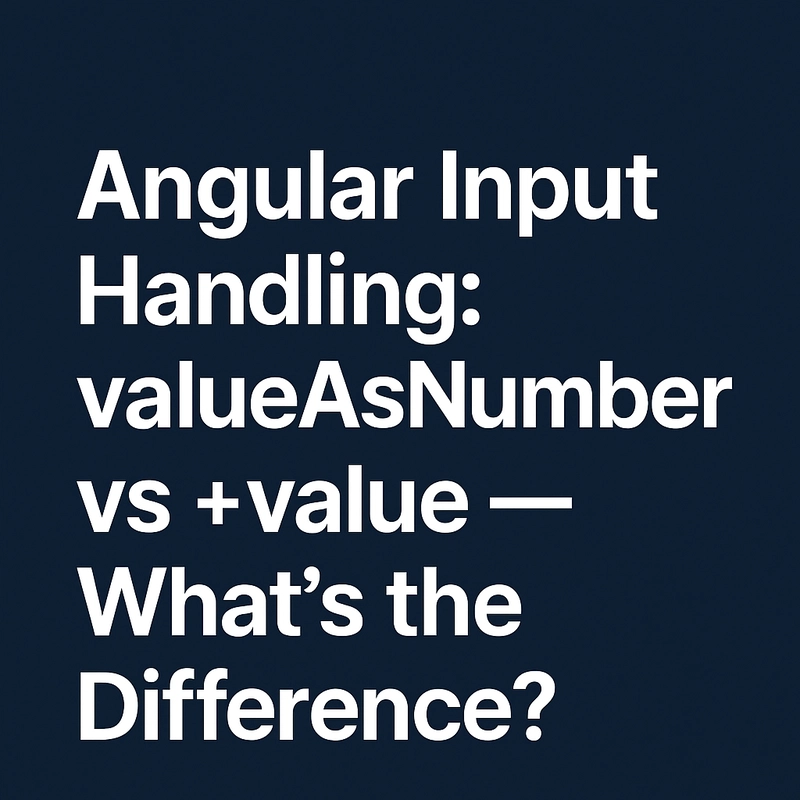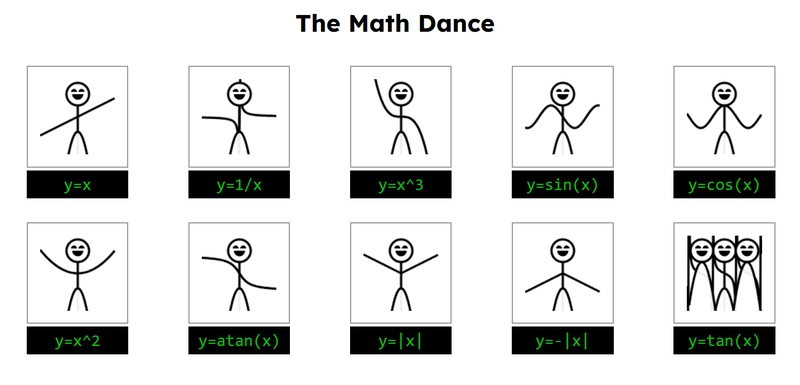Var Type Identifier/Keyword of Java
Java 10 added the var keyword, which allows you to declare local variables without explicitly defining their type. Instead, the compiler deduces the type from the variable's assigned value. var message = "Hello, World!"; // Compiler infers type as String var count = 42; // Compiler infers type as int Key Points About var: var can only be used for local variables (e.g., within methods, loops, or blocks). It cannot be used for method parameters, constructor parameters ,return types or fields (class-level variables). The type of the variable is inferred at compile-time, not runtime. var is not a reserved keyword but a reserved type name, meaning it cannot be used as an identifier in contexts where a type is expected. Java remains statically typed; var does not introduce dynamic typing. Example Proper usage of Var public class VarExample { public static void main(String[] args) { var message = "Hello, Java 10"; // String inferred var numbers = List.of(1, 2, 3); // List inferred for (var number : numbers) { System.out.println(number); } var map = new HashMap(); map.put("Age", 25); } } Points to Ponder var number = 3.12; // What is the type of number? Answer: The compiler infers number as double, not float. Why double and Not float? In Java, decimal literals are of type double by default, unless you explicitly specify otherwise. To assign a float, you must append an f or F to the literal. for example: var number = 3.12f; // Now the type is float Some Interesting Facts about var Keyword var is Not Reserved Keyword var can't be used without initialization Unlike regular variables, var must be initialized at declaration because the compiler needs a type to infer. ❌ Invalid Example: var x; // ❌ Compilation error: Cannot use 'var' without an initializer ✅ Valid Example: var x = 42; // ✅ Compiler infers int var is Just Syntax Sugar – No Performance Overhead The Java compiler erases var during compilation and replaces it with the inferred type. At runtime, there is no difference in performance between var and explicit types.

Java 10 added the var keyword, which allows you to declare local variables without explicitly defining their type. Instead, the compiler deduces the type from the variable's assigned value.
var message = "Hello, World!"; // Compiler infers type as String
var count = 42; // Compiler infers type as int
Key Points About var:
- var can only be used for local variables (e.g., within methods, loops, or blocks).
- It cannot be used for method parameters, constructor parameters ,return types or fields (class-level variables).
- The type of the variable is inferred at compile-time, not runtime.
- var is not a reserved keyword but a reserved type name, meaning it cannot be used as an identifier in contexts where a type is expected.
- Java remains statically typed; var does not introduce dynamic typing.
Example Proper usage of Var
public class VarExample {
public static void main(String[] args) {
var message = "Hello, Java 10"; // String inferred
var numbers = List.of(1, 2, 3); // List inferred
for (var number : numbers) {
System.out.println(number);
}
var map = new HashMap<String, Integer>();
map.put("Age", 25);
}
}
Points to Ponder
var number = 3.12;
// What is the type of number?
Answer: The compiler infers number as double, not float.
Why double and Not float?
- In Java, decimal literals are of type double by default, unless you explicitly specify otherwise.
- To assign a float, you must append an f or F to the literal.
for example:
var number = 3.12f; // Now the type is float
Some Interesting Facts about var Keyword
-
varis Not Reserved Keyword -
varcan't be used without initialization Unlike regular variables, var must be initialized at declaration because the compiler needs a type to infer.
❌ Invalid Example:
var x; // ❌ Compilation error: Cannot use 'var' without an initializer
✅ Valid Example:
var x = 42; // ✅ Compiler infers int
-
varis Just Syntax Sugar – No Performance Overhead The Java compiler erases var during compilation and replaces it with the inferred type. At runtime, there is no difference in performance between var and explicit types.












































































































































































![[The AI Show Episode 144]: ChatGPT’s New Memory, Shopify CEO’s Leaked “AI First” Memo, Google Cloud Next Releases, o3 and o4-mini Coming Soon & Llama 4’s Rocky Launch](https://www.marketingaiinstitute.com/hubfs/ep%20144%20cover.png)








































































































































































































![GrandChase tier list of the best characters available [April 2025]](https://media.pocketgamer.com/artwork/na-33057-1637756796/grandchase-ios-android-3rd-anniversary.jpg?#)






































































.webp?#)































































































![Here’s everything new in Android 16 Beta 4 [Gallery]](https://i0.wp.com/9to5google.com/wp-content/uploads/sites/4/2024/11/Android-16-logo-top-down.jpg?resize=1200%2C628&quality=82&strip=all&ssl=1)











![New Beats USB-C Charging Cables Now Available on Amazon [Video]](https://www.iclarified.com/images/news/97060/97060/97060-640.jpg)

![Apple M4 13-inch iPad Pro On Sale for $200 Off [Deal]](https://www.iclarified.com/images/news/97056/97056/97056-640.jpg)


































































































































